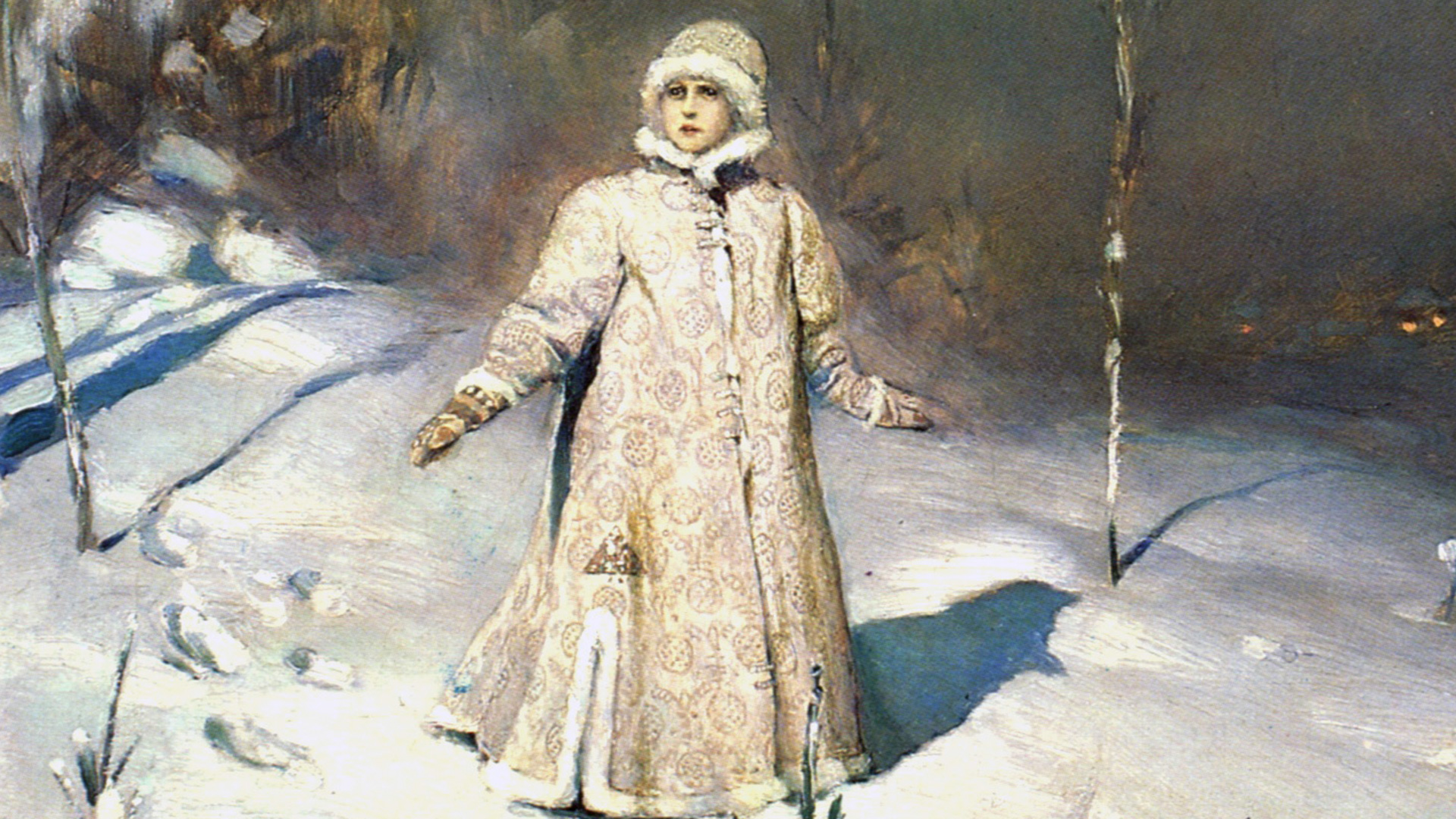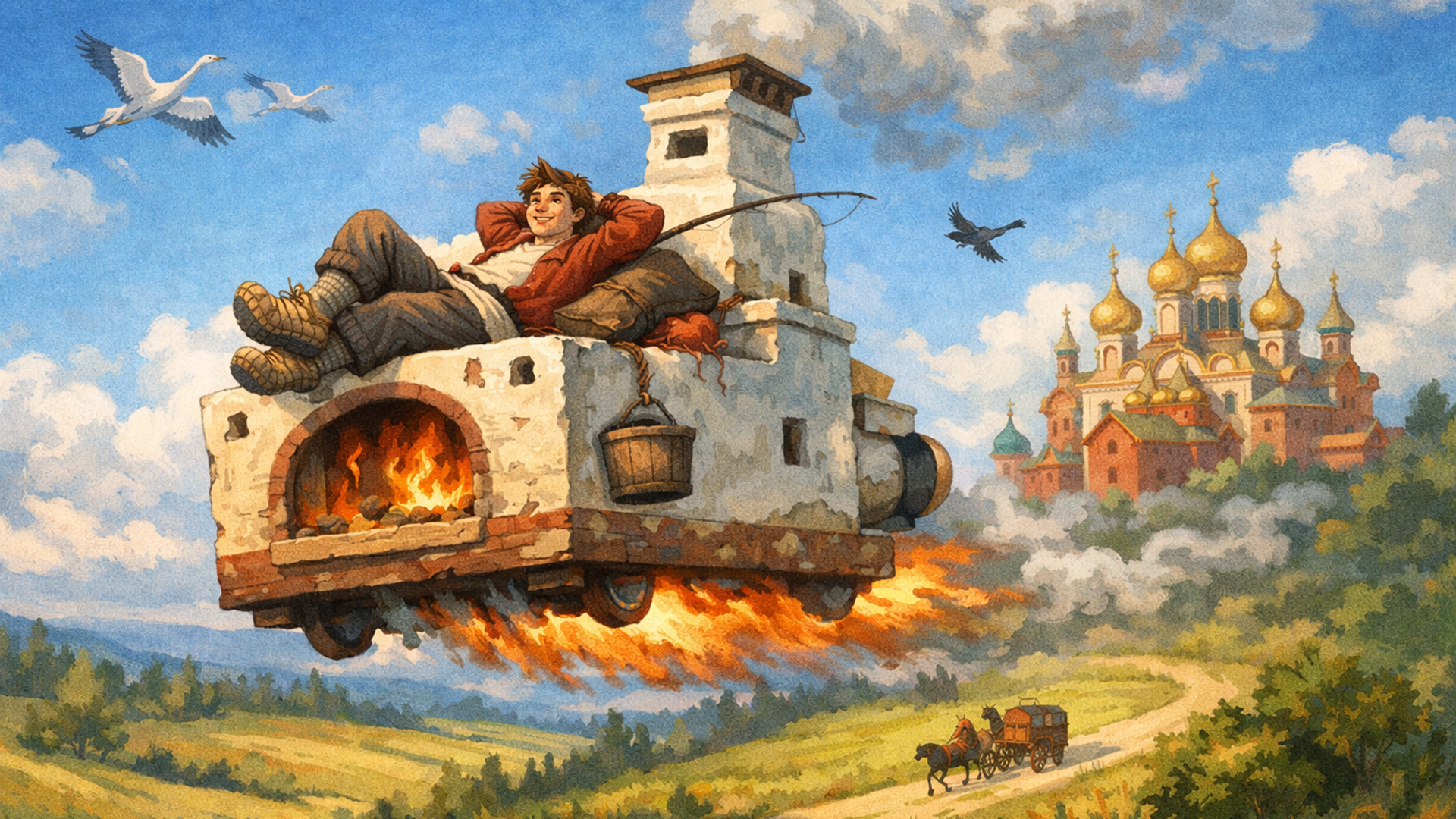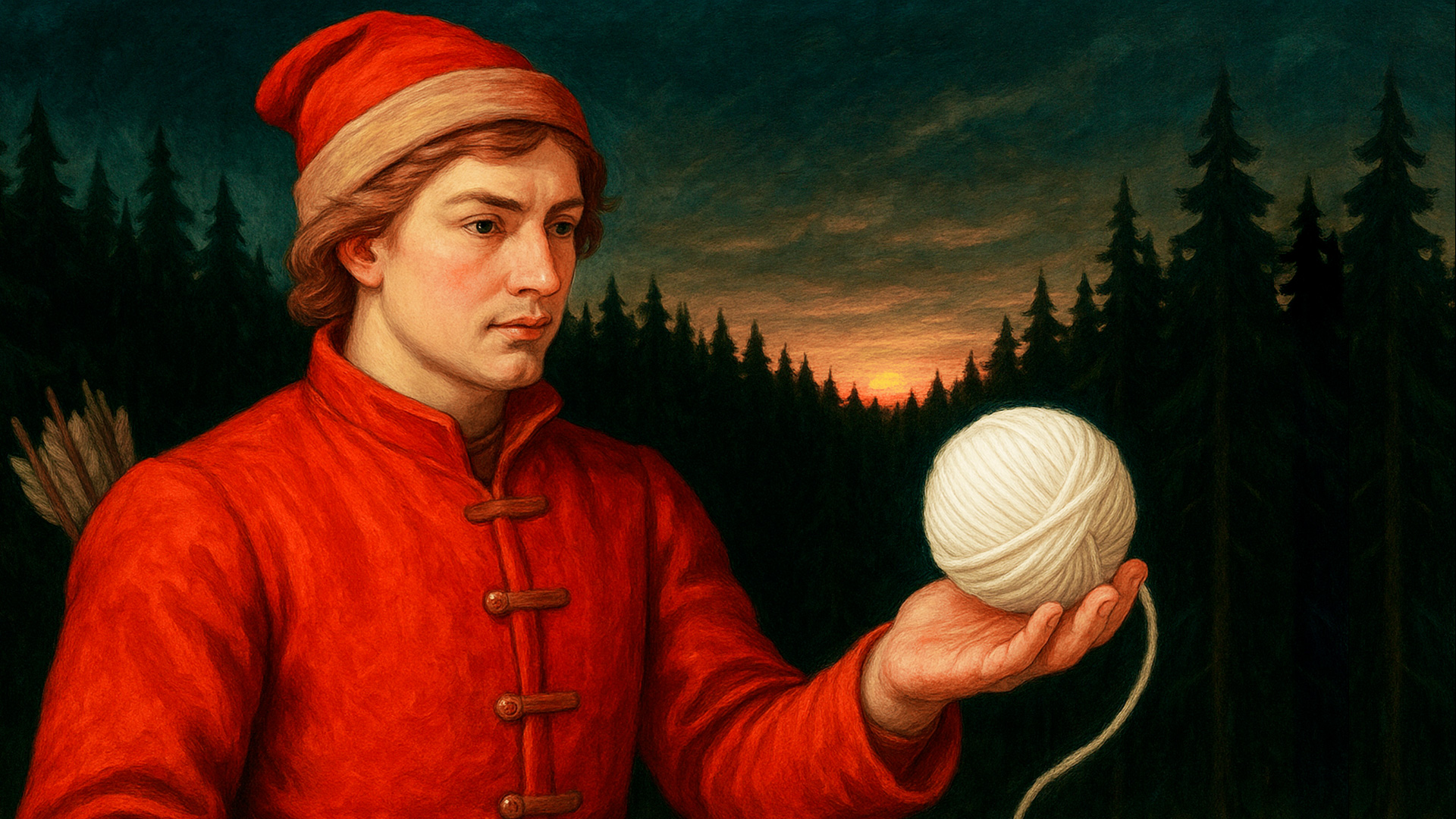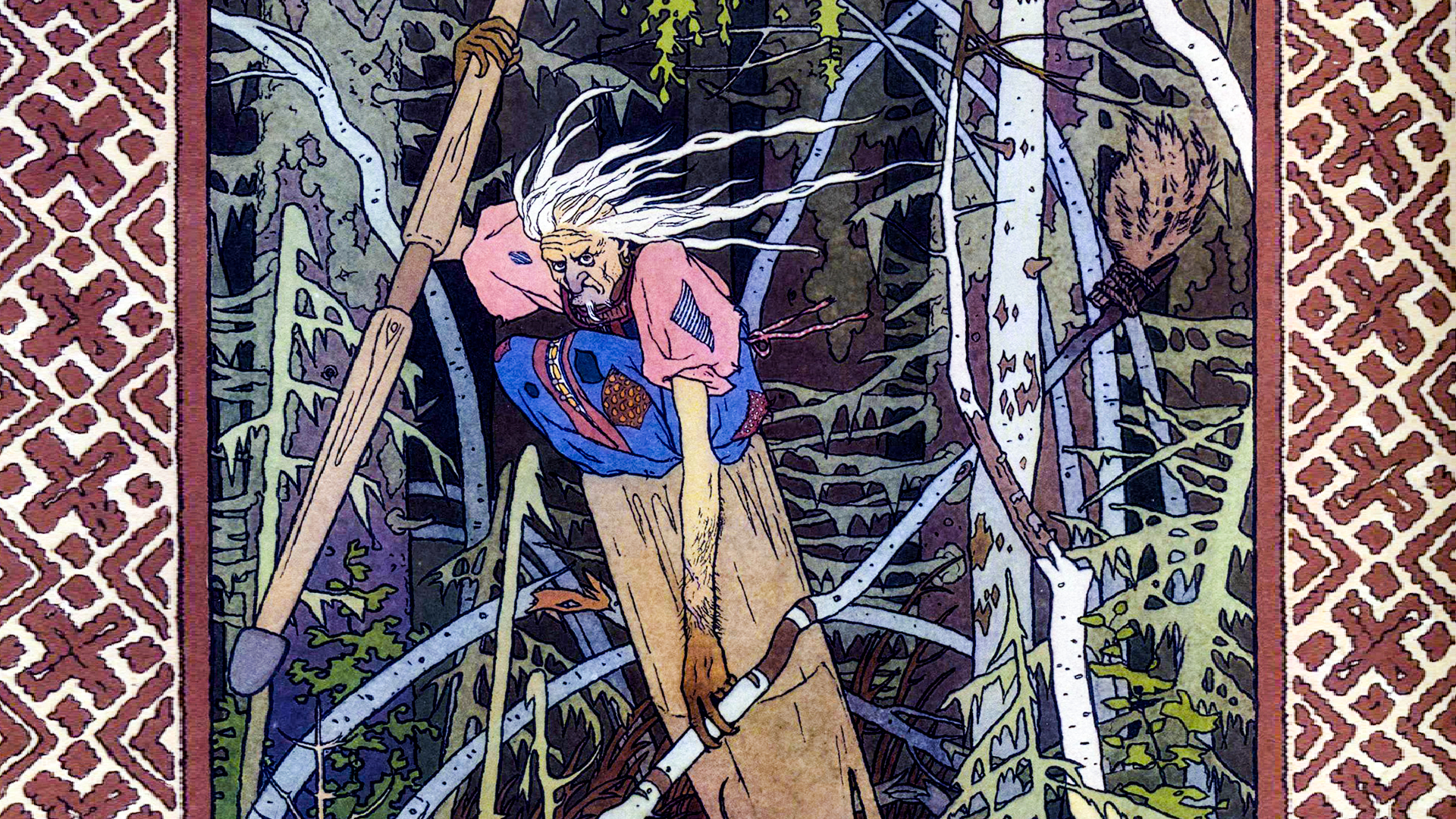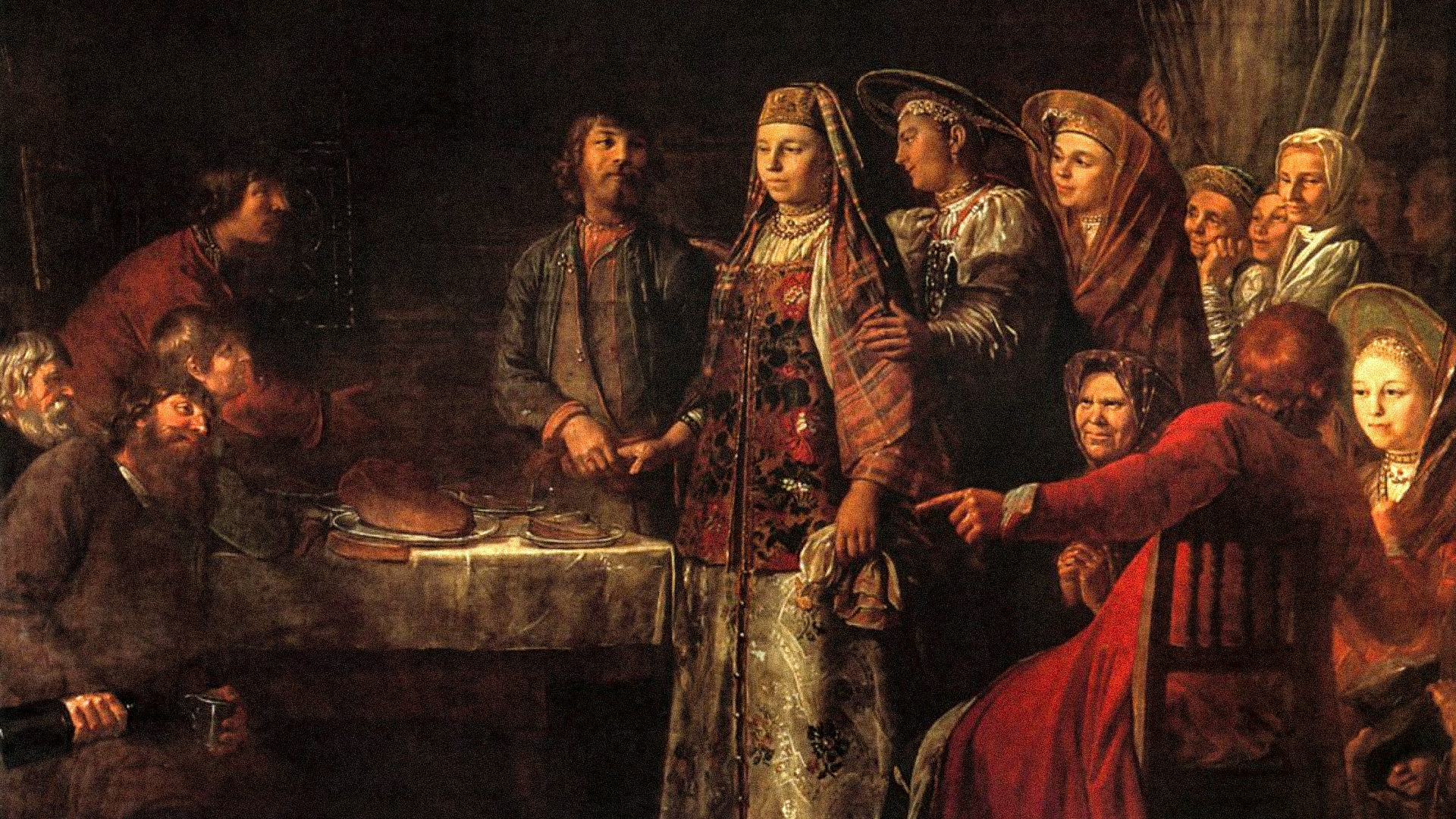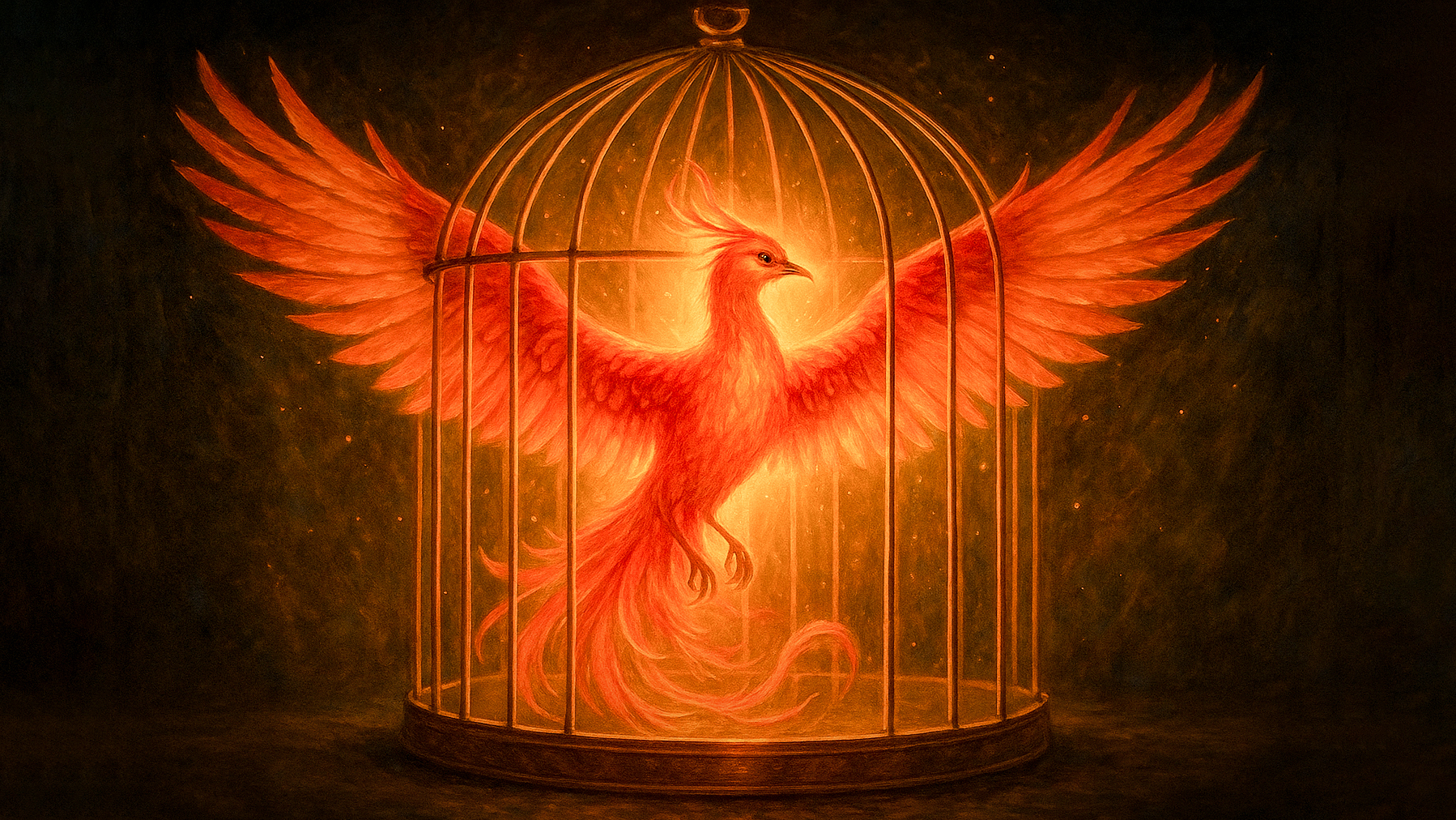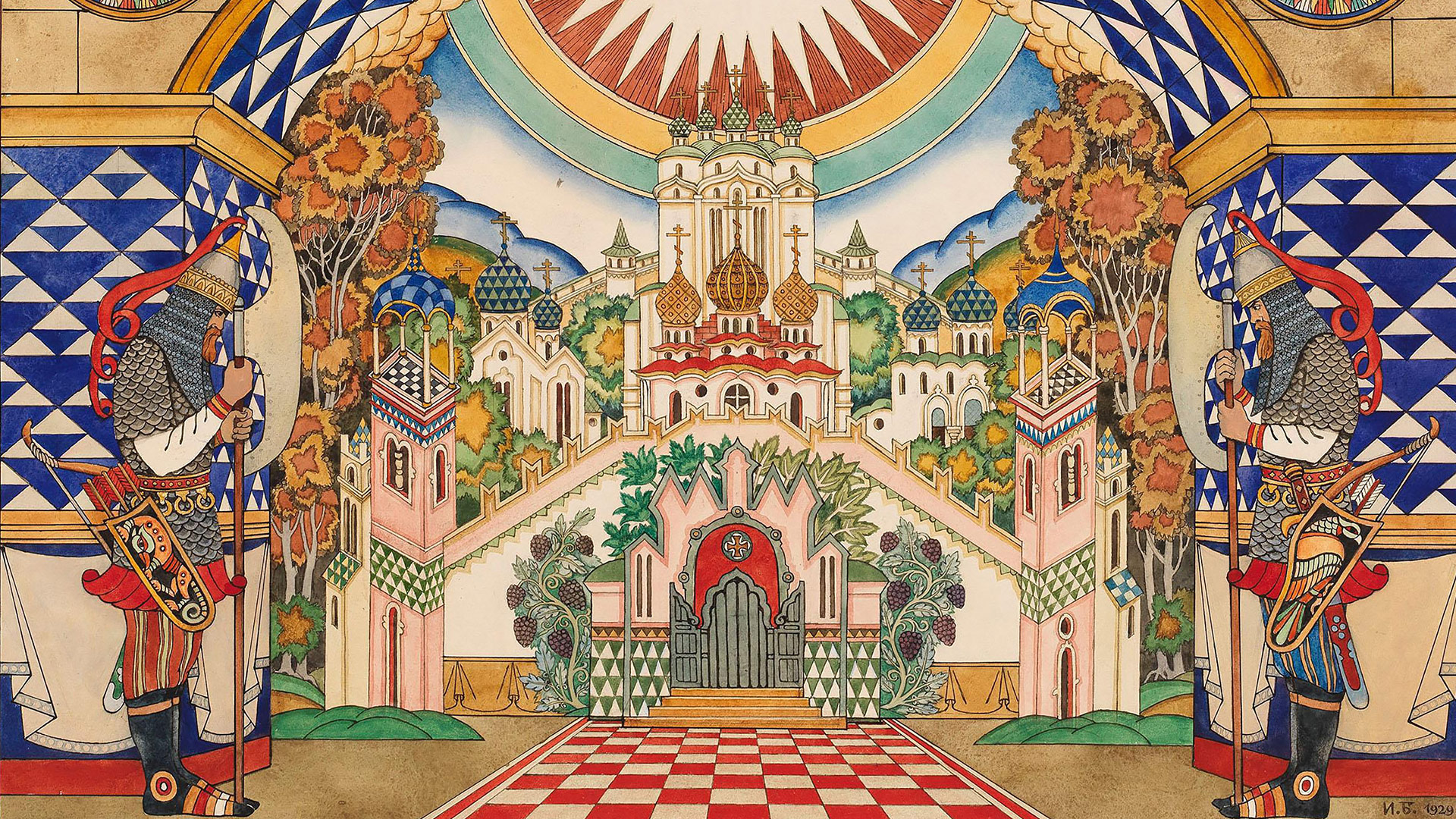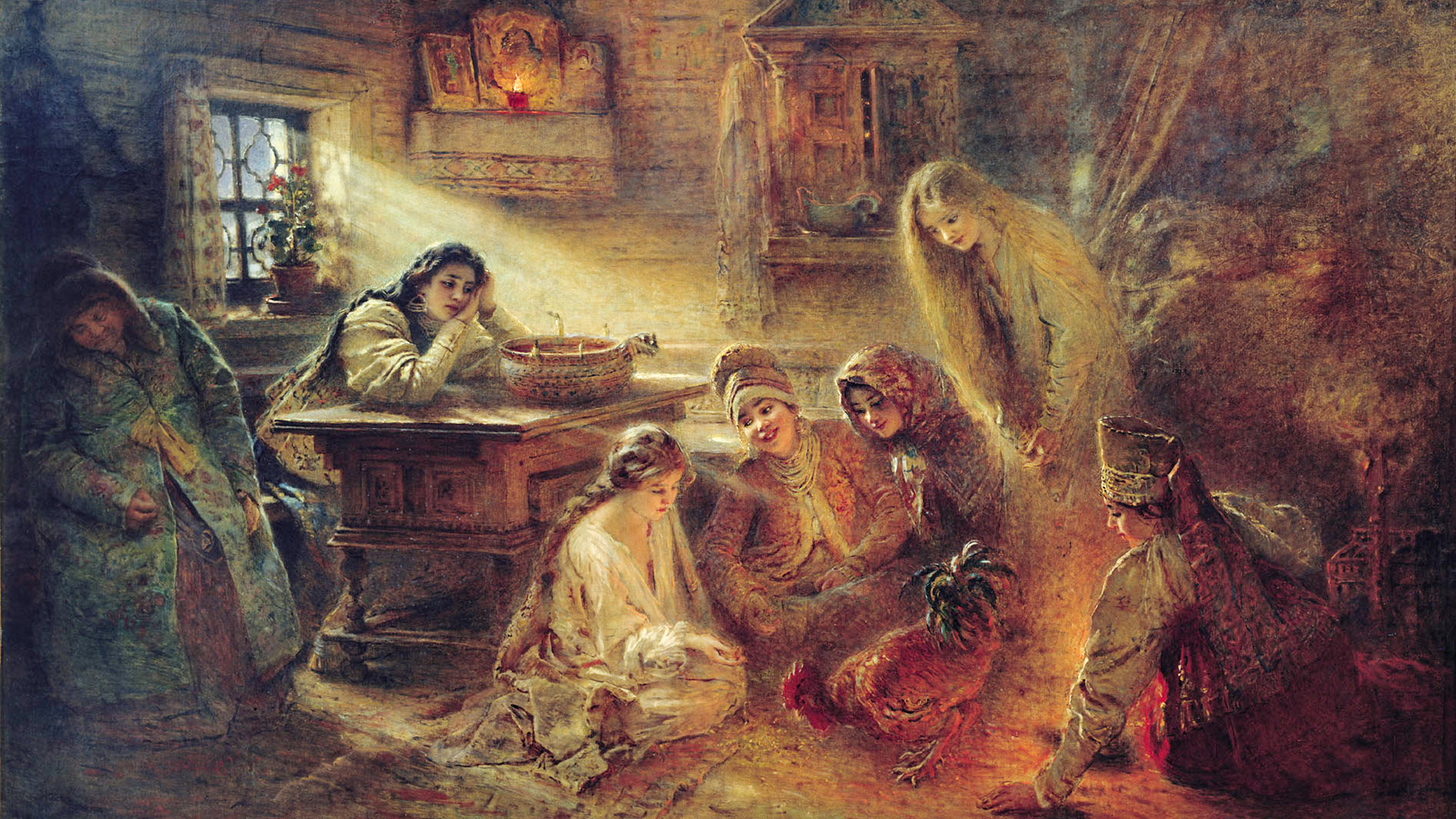
4 mystical places that Russians believed in
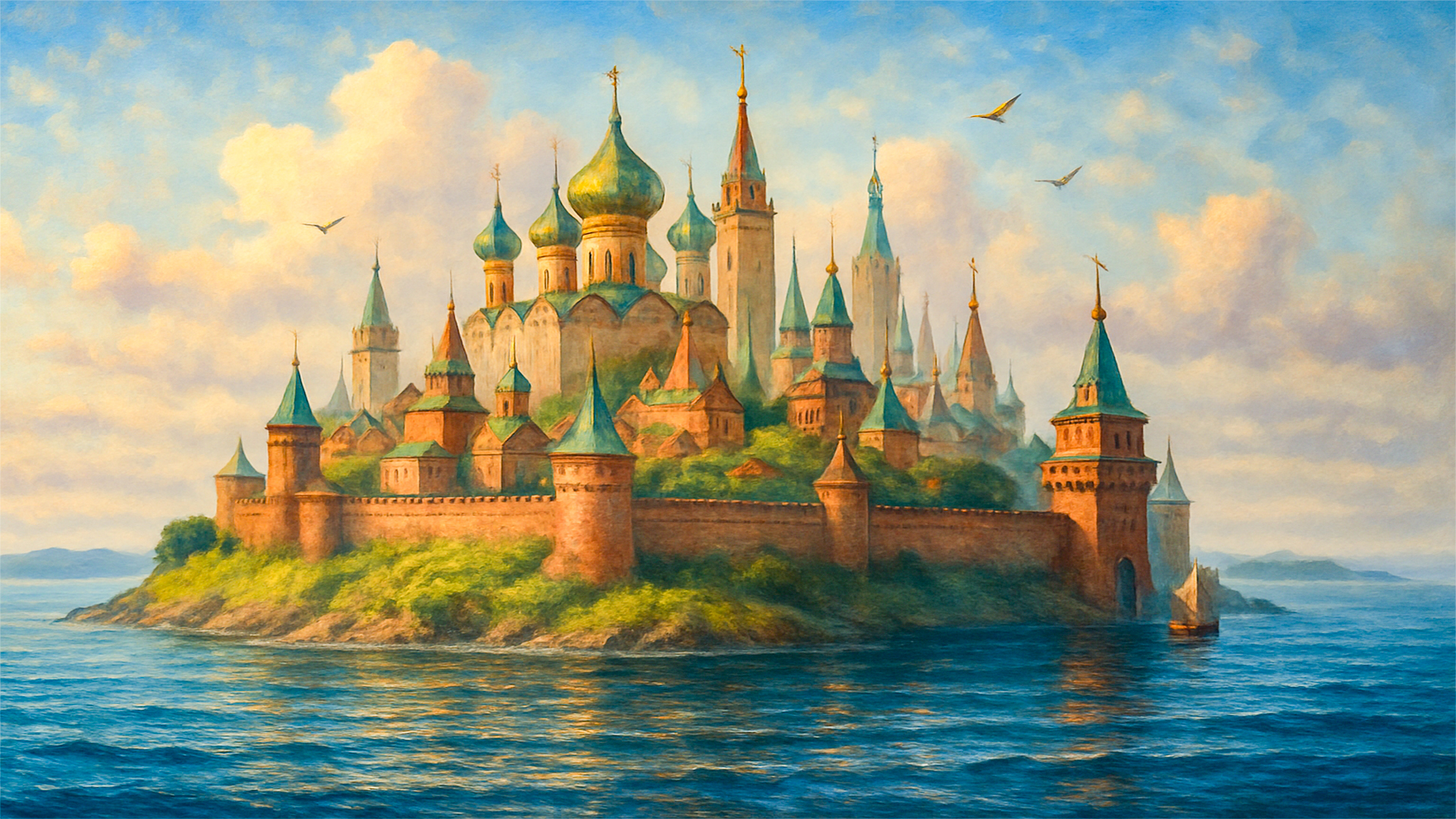
1. Belovodye
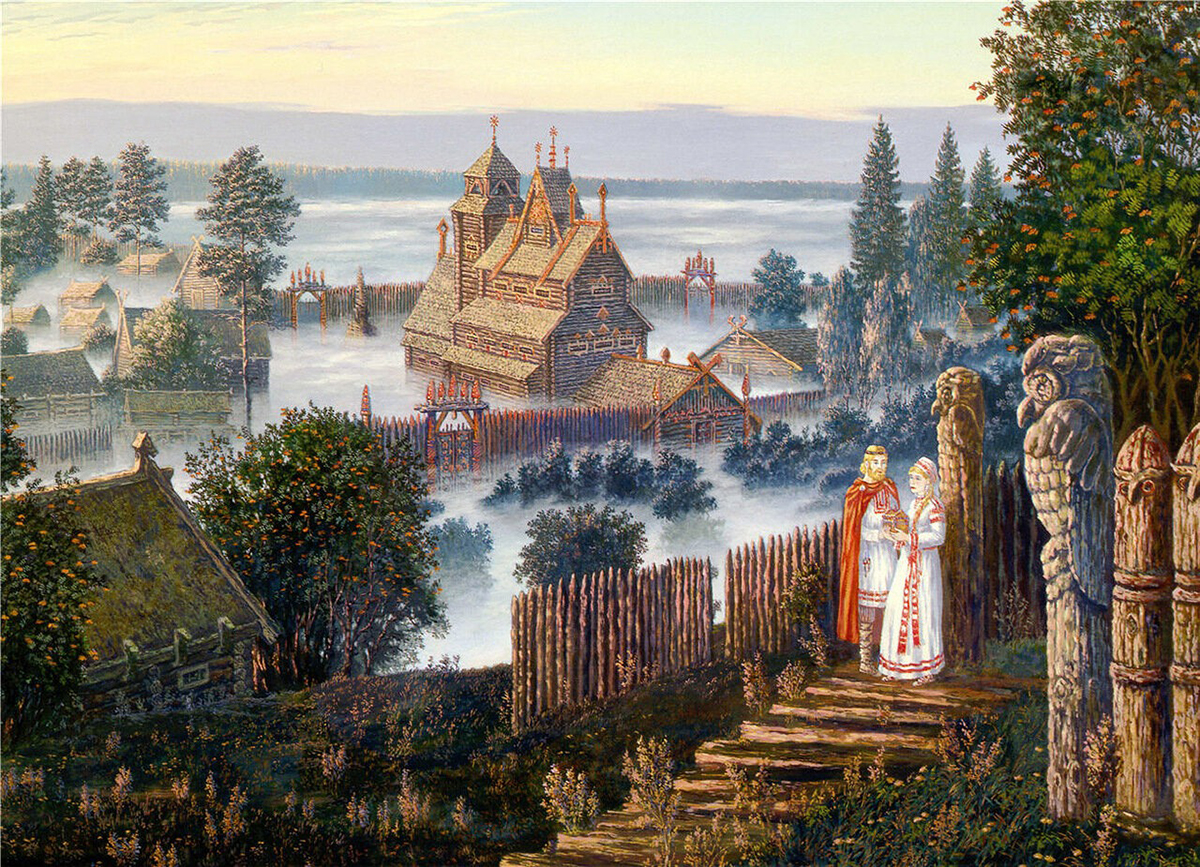
The legend of the land where people live freely and without troubles, preserving the faith of their ancestors, appeared at the beginning of the 18th century. Orthodoxy was allegedly brought there by the Apostle Thomas himself. Belovodye had its own churches and even a just king. There was no theft or murder there, and the Antichrist himself had no power over the place. The lands were fertile, despite the harsh climate, there was a lot of gold and precious stones. Only the righteous could get to the wonderful country, and it was very far away on the islands - 44 days' journey through China to the shores of the ocean.
The Old Believers believed that this paradise on earth existed. Faced with oppression because of their faith, they sought to find a place where they could live in peace. Over time, they began to consider the territory of the Bukhtarma and Uimon river valleys, where their settlements appeared, as Belovodye.
2. Kitezh
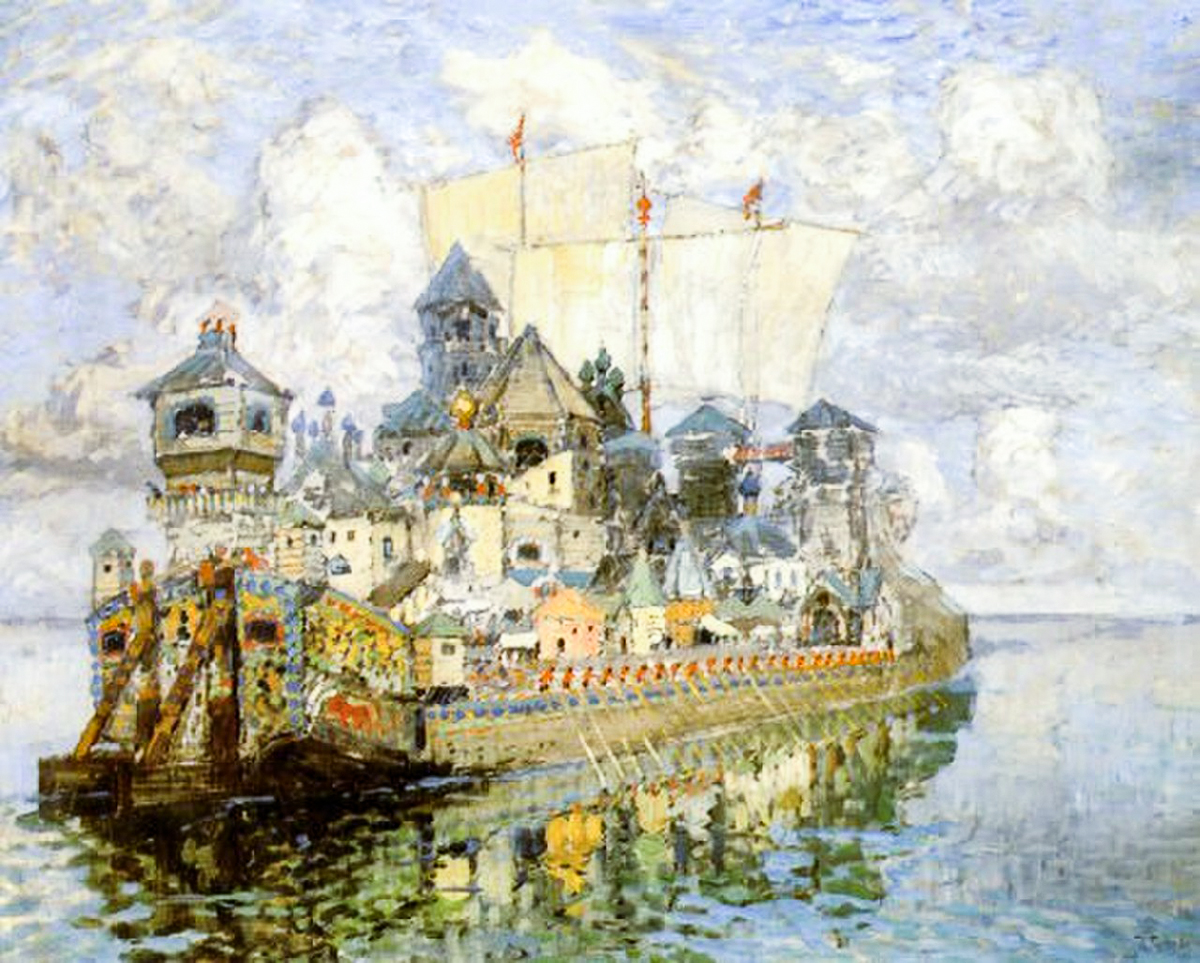
The legend of the Russian Atlantis appeared in the 17th-18th centuries. In the Old Believer manuscript "The Book, Called Chronicler, Written in the Year 6646, September 5" the history of the city of Kitezh was mentioned. It was supposedly built by Prince Georgy Vsevolodovich, who traveled along the rivers and reached Lake Svetloyar. The place struck him with its beauty, and he founded the city of Kitezh here. According to the manuscript, the troops of Batu Khan, who came to Rus', destroyed the wonderful city and killed all its inhabitants, including the prince. According to another version, before the eyes of the astonished invaders, the city disappeared into the waters of Svetloyar. Since then, only those who have no evil thoughts in their hearts can see it and hear the bell ringing of the Kitezh churches.
Some of this legend is true. The Grand Duke of Vladimir Yuri (Georgy) Vsevolodovich is a real person. He was the grandson of Yuri Dolgoruky, in 1238 he fought with the troops of Batu and was defeated in the battle on the Siti River. But everything else is fiction, albeit a very plausible one. And yet, to this day, people travel to the Nizhny Novgorod region, where Lake Svetloyar is located, hoping to see a glimpse of golden domes in its waters or hear the sounds of solemn chants.
3. Lukomorye
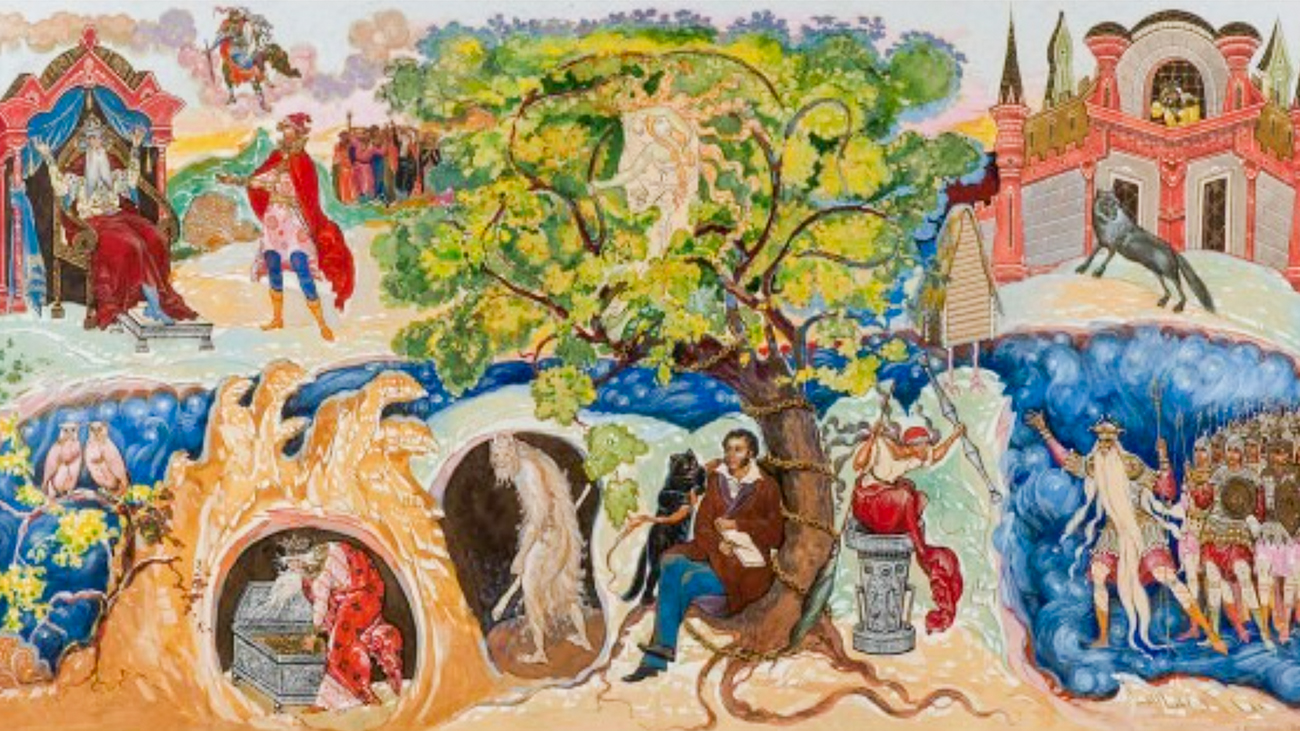
“A green oak tree grows near Lukomorye, a golden chain on that oak tree,” this is how Alexander Pushkin described the island at the edge of the world in his fairy tale poem “Ruslan and Lyudmila.” But here’s what’s interesting: a land with that name actually existed and was mentioned in the Russian epic “The Tale of Igor’s Campaign.” There, Lukomorye was the name for the Northern Azov region, from which the Polovtsians attacked Kievan Rus.
In the 17th century, this name was used on maps to designate the modern Tomsk region. And in the 19th century, Nikolai Karamzin wrote about Lukomorye in his “History of the Russian State,” meaning the North of Russia. And he cites the legends associated with it: the fire of purgatory burns in the mountains there, local residents die every year on November 27, St. George's Day, and are resurrected on April 24. And there are also people with dog heads, covered in animal fur.
4. Sannikov Land
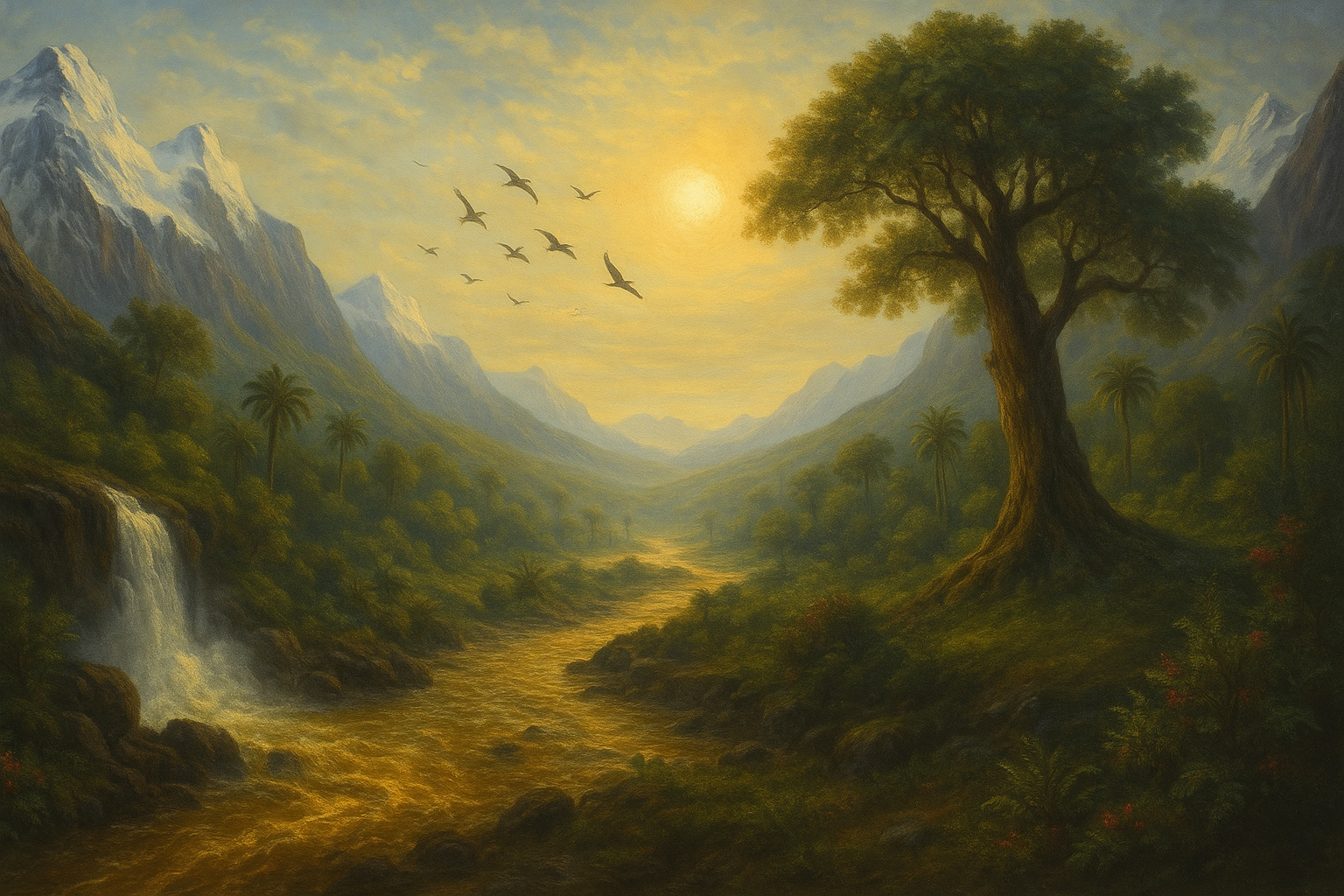
This is a ghost island, a land of eternal spring, where birds went to spend the winter to raise their offspring. It was first mentioned in 1810: merchant Yakov Sannikov saw the outlines of an unknown land with high stone mountains in the area of the New Siberian Islands in the Arctic Ocean. There was no reason not to trust him: he knew these places very well and discovered several islands. The migration of birds confirmed his words. But proving him right was not easy: the climate did not allow sending expeditions so far. One could only rely on observations. Only in 1937, the Soviet icebreaker Sadko was able to get as close as possible to the possible location of the island and... found nothing! Scientists are sure that, like other islands of the Novosibirsk Archipelago, Sannikov Land consisted of permafrost and simply melted over time.
However, the legend of the inaccessible warm lands remained in literature – scientist Vladimir Obruchev wrote an adventure novel about their search, called “Sannikov Land”.


